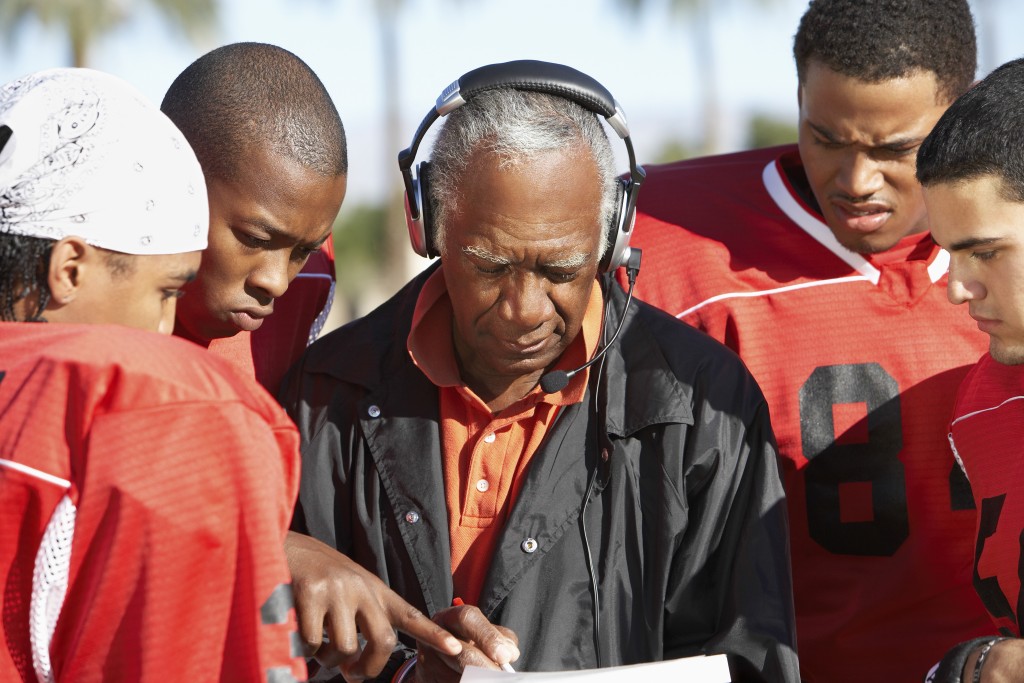With the postponement of the 2020 Olympics being a hot topic in the sports industry, you might be wondering how your favorite athletes and their coaches have been coping. Are they training more despite the pandemic, or are they taking a break?
Simone Biles, the most decorated gymnast in world championship history, is still grinding in her gym, as seen on her Instagram. She’s been training new passes on the floor and vault, driving her fans wild. Chellsie Memmel, also an Olympic medalist and the 2005 world all-around champion, has been training in M&M Gymnastics in hopes of making an epic comeback to the 2020 Olympics.
Considering those, all elite athletes are probably training hard at the moment, spending long hours in the gym and barely taking breaks. Without a doubt, they’re all going through a tough time, with the pandemic adding to their stress. But what about their coaches?
If you’ve been thinking of starting a sports coaching business, there’s a lot for you to understand management and to build up young athletes. Finances will also matter; the more you make, the better your services will become.
That said, here’s the formula for starting a coaching business, and what it takes to create an elite athlete:
Starting the Business
Startup costs for a coaching business can be as low as $2,000 only. This amount will let you operate at home, either as a full-time coach or part-time coach. Of course, it would be preferable if you’ve had previous experience in sports coaching and playing.
You can charge parents around $75 per hour to have their kids professionally coached by you. Adult athletes may also benefit from your services, particularly in enjoying their sport again, improving their game further, and reducing the risks of injuries.
Market your business by joining sports associations, networking with parents of budding athletes, and holding events that will spread the benefits of your sport. Make your event free for all attendees, so that you’d reach a desirable number of aspiring Olympians.
Equipment
As your business grows, you’d need to expand your equipment inventory, going beyond the basics. Investing in smart coaching equipment and other devices that measure speed is essential. It will help you keep track of your athletes’ progress and improve your coaching style.
Radar guns are particularly vital in baseball. The device measures the speed of the pitched ball, helping pitchers know if they’ve thrown the ball at the optimal speed. Therefore, if you’re coaching baseball, ensure that you can acquire this device even before opening your business.
Coaching Style

That is where it gets tricky. When you’re molding elite athletes, you have to be strict and unafraid to push limits. But you also need to know how to recognize strain and distress on your athletes.
It’s a given that you have to train your athletes for long hours, but the 10,000-hour rule, which means that a specific numeric value of time has to be achieved by an athlete to become great, is a fallacy. Deliberate practice is more important, intending to improve at the end of each day, not merely exceeding the last training period.
You can train for 45 hours a week, like most elite athletes. But you also have to honor parents’ requests, such as shortening training hours to let their kids have a normal life. It’s what Shawn Johnson‘s parents did, and their daughter still managed to bag multiple medals from the Olympics and All-around.
More importantly, you have to remain compassionate, despite your goals to win gold medals. Winning isn’t worth the mental, emotional, and physical abuse that elite athletes suffer. Don’t prioritize gold medals over your athlete’s well-being and dignity. Keep a balance between strictness and kindness, and you’ll develop confident, great, and happy athletes.


